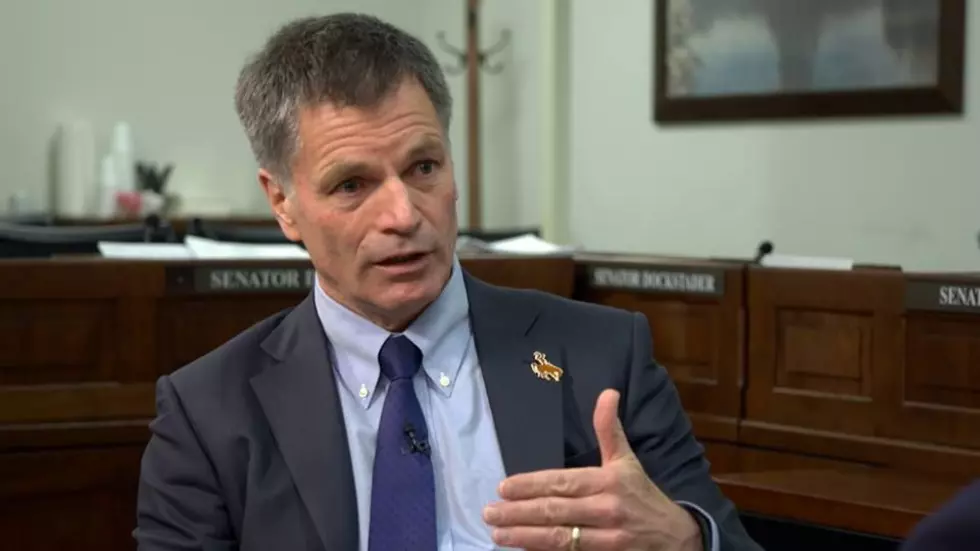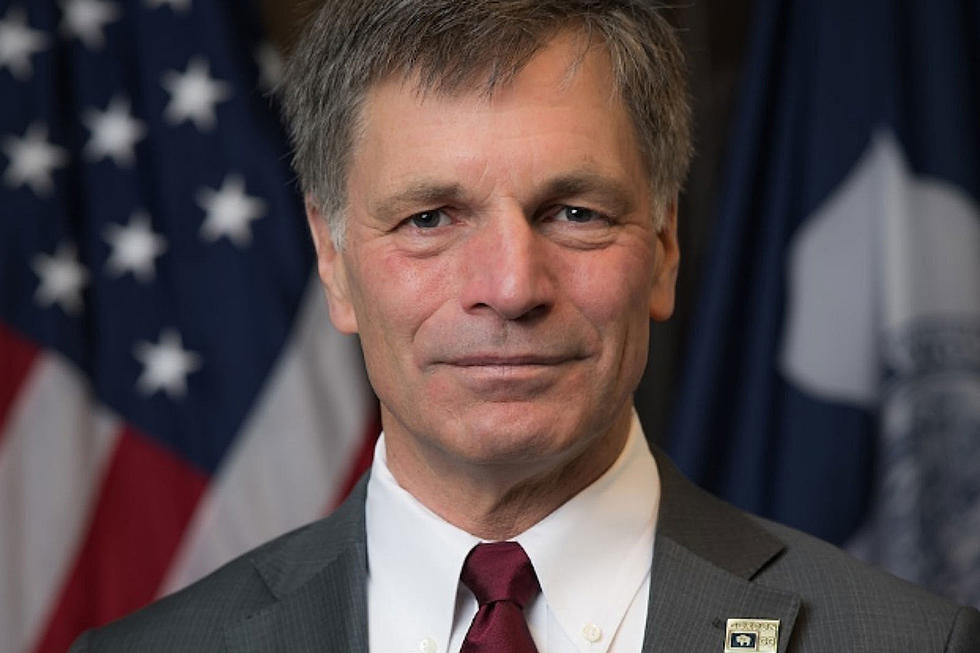
Gordon Vetoes Bill Restricting the Use of COVID-19 Funding
Governor Mark Gordon announced that he has vetoed Senate File 98, which placed some limitations on how unobligated funds from the American Rescue Plan Act (ARPA) are able to be spent.

The bill stipulates that any funds that are unused by March 26, 2022, will be put on hold and can no longer be adjusted or used for other programs, though $50 million will be given to the governor's office to spend on issues related to addressing COVID-19.
Senate File 66, which Gordon has said he will sign, appropriated $334,539,726 in ARPA funding to a variety of departments in Wyoming, along with $60 million to the Office of the Governor.
In a letter, Gordon said that it's unnecessary to pass Senate File 98, also called Senate Enrolled Act 18, as it puts too many restrictions on the governor's ability to spend funds to address the ongoing COVID-19 pandemic.
"Senate Enrolled Act 18 unnecessarily constrains the Governor's authority to expend funds on emergency programs," Gordon said. "Experience has demonstrated that flexibility and adaptability are especially important given the ongoing economic hardships caused by the pandemic. Hardships brought on by the COVID-19 pandemic do not end simply because I have declared an end to the Public Health Emergency. Latitude is advisable to wind down programs in an orderly way. Now is not the time for the Legislature to tie the hands of the Executive Branch to respond to the needs of our citizens."
The bill passed the House 45-13, with two excused, and the Senate 26-0, with four excused, both of which are more votes than necessary to override a veto, which would require 40 votes in the House and 20 in the Senate.
It is unclear at this time whether or not Gordon's veto will be overridden by the legislature.
Gordon announced that he has signed Senate File 7, which fixes scrivener error from previous law, and Senate File 67, which appropriates $190 million for capital construction projects.
Answers to 25 common COVID-19 vaccine questions
More From Wake Up Wyoming









